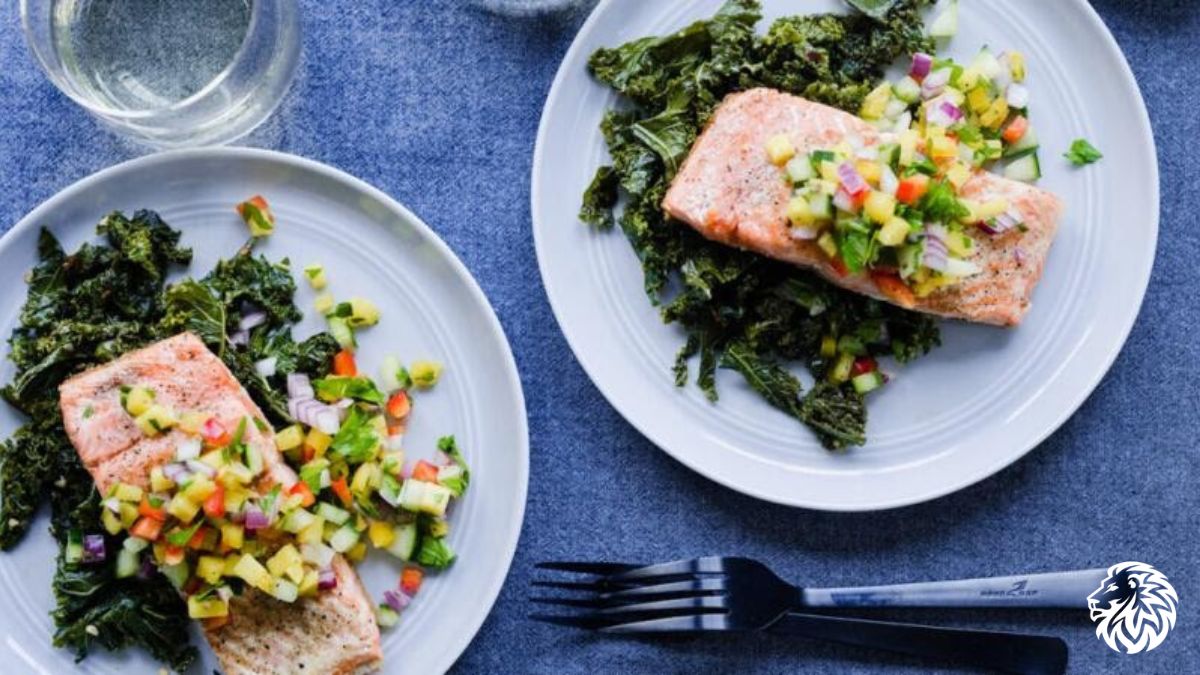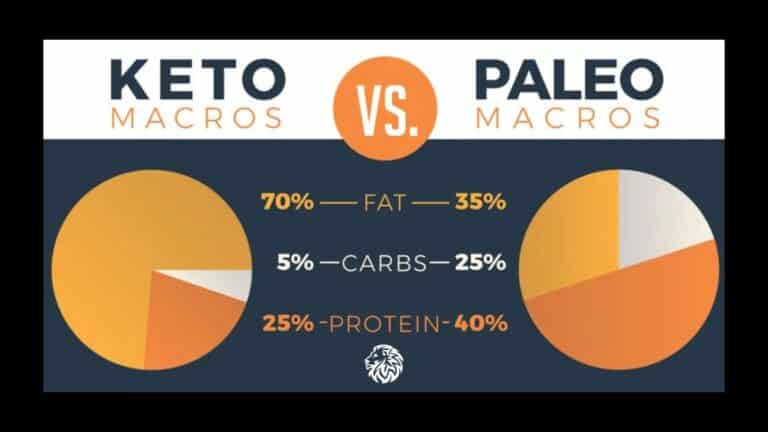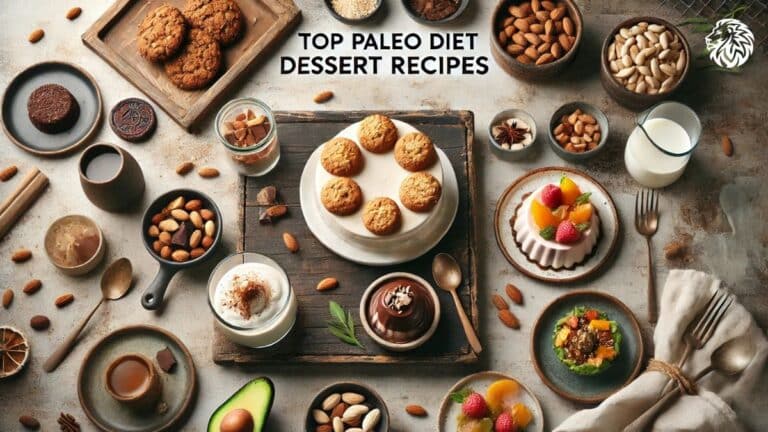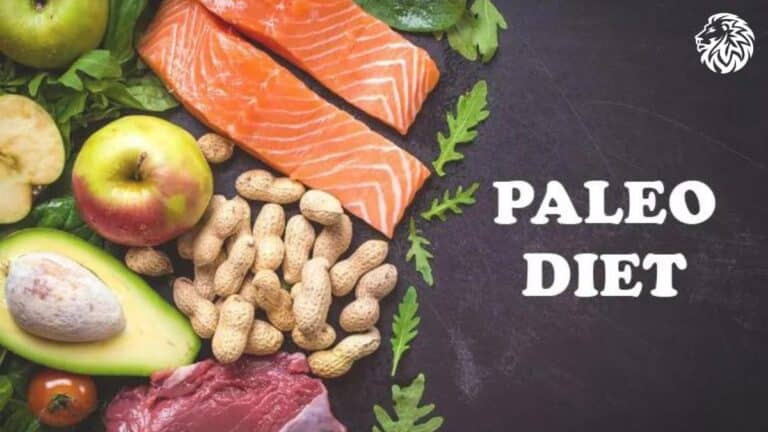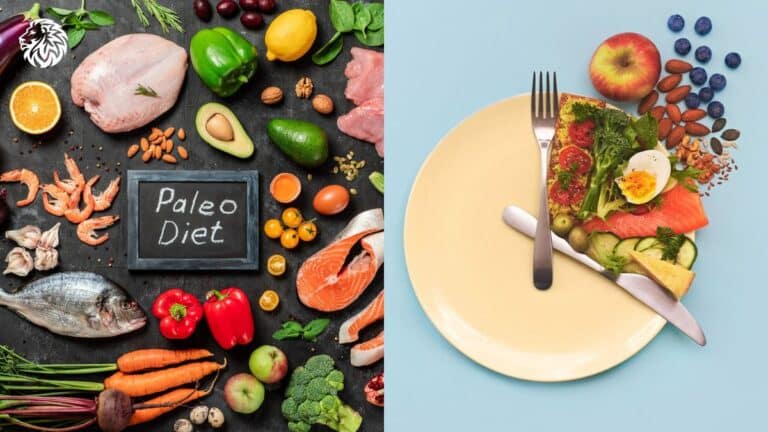When attempting to lose weight or improve their health, there are a plethora of different diets from which people can select. The high protein diet and the paleo diet are currently two of the most well-liked eating plans. Both of these diets are successful at assisting dieters in losing weight and enhancing their health, but they differ in how they view nutrition and the kinds of foods that they permit.
This article will compare and contrast high-protein and paleo diets. We’ll examine each of these diets’ definitions, the foods that are permitted on each of them, and the advantages and disadvantages of each. You will know more about which diet might be a good fit for you by the end of this article.
KEY TAKEAWAYS
- High protein diets emphasize protein intake, while paleo diets focus on eating foods our ancestors would have eaten.
- High protein diets tend to be lower in carbohydrates and allow for a wider variety of foods, including dairy products, legumes, and grains, while paleo diets are very low in carbohydrates and exclude processed foods and dairy products.
- Benefits of high protein diets include weight loss, muscle building, and improved health markers, while drawbacks include kidney strain, nutrient deficiencies, and increased cancer risk.
- Benefits of paleo diets include weight loss, reduced inflammation, and improved blood sugar control, while drawbacks include nutrient deficiencies, expense, and sustainability.
WHAT IS A HIGH PROTEIN DIET?
A diet that prioritizes protein consumption is known as a high-protein diet. An essential nutrient, protein is crucial for the body’s tissue growth and repair. You will eat more protein than carbohydrates or fats when you follow a high-protein diet.
The Atkins diet, the Zone diet, and the South Beach diet are just a few examples of high-protein diets. Although each of these diets takes a different approach to protein consumption, they all aim to increase protein intake while lowering carbohydrate consumption.
WHAT IS A PALEO DIET?
A diet that emphasizes eating the kinds of foods that our ancestors would have consumed during the Paleolithic era is called the paleo diet, also referred to as the caveman diet. Foods like meat, fish, fruits, vegetables, nuts, and nuts are included in this.
Processed foods, grains, and dairy products are not allowed on the paleo diet because they were not consumed by our ancestors. The paleo diet is based on the idea that our bodies are better suited to eating the kinds of foods that our ancestors did, and that modern diets are largely to blame for the health issues we currently face.
WHAT ARE THE DIFFERENCES BETWEEN HIGH PROTEIN AND PALEO DIETS?
The importance of protein intake is stressed by both the high protein and paleo diets, but there are some significant differences between the two.
Carbohydrate Intake
The way that the high protein and paleo diets approach carbohydrate intake is one of the biggest differences between them. While high-protein diets tend to contain fewer carbohydrates overall, they do not eliminate them. The paleo diet, on the other hand, does not include any grains or processed foods and has a very low carbohydrate intake.
Different Foods
On each of these diets, different food categories are permitted. Dairy products, legumes, and grains are common food groups allowed on high-protein diets. On the other hand, the paleo diet is very limited in the kinds of foods that are permitted.
Processed Foods
The paleo diet forbids processed foods because they were not consumed by our ancestors. While processed foods are not entirely off-limits in high-protein diets, they are typically restricted.
Dairy Products
On high-protein diets, dairy products are permitted; however, they are not permitted on the paleolithic diet. Dairy products are not allowed on the paleo diet because they were not consumed by our ancestors.
ADVANTAGES AND DISADVANTAGES OF HIGH-PROTEIN DIETS
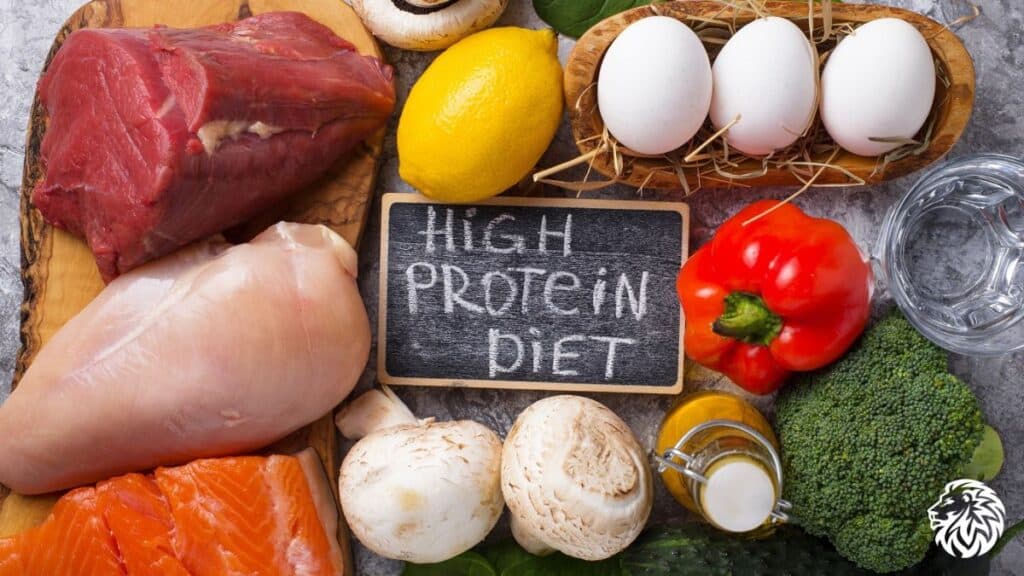
A high-protein diet has several advantages, including:
Weight Loss
It has been proven that high-protein diets help people lose weight. This is because protein can help you feel fuller and consume fewer calories overall. After all, it is more satiating than fats or carbohydrates.
Muscle Development
Protein is crucial for the body’s muscles to grow and repair. You might be able to gain more muscle mass and alter your overall body composition if you eat more protein.
Improved Health Markers
A high-protein diet has been shown to improve cholesterol and blood sugar regulation, among other health indicators. This can lower the risk of developing chronic illnesses like diabetes and heart disease.
A high-protein diet does have some potential disadvantages, though, such as the following:
Kidney Strain
High protein intake can strain the kidneys, particularly if you already have kidney issues.
Nutrient Deficiencies
You might not be getting enough of other crucial nutrients like fiber, vitamins, and minerals if you consume a lot of protein.
Increased Risk of Certain Cancers
According to some studies, eating a lot of animal protein may make you more likely to develop certain cancers, like colon and breast cancer.
ADVANTAGES AND DISADVANTAGES OF PALEO DIETS
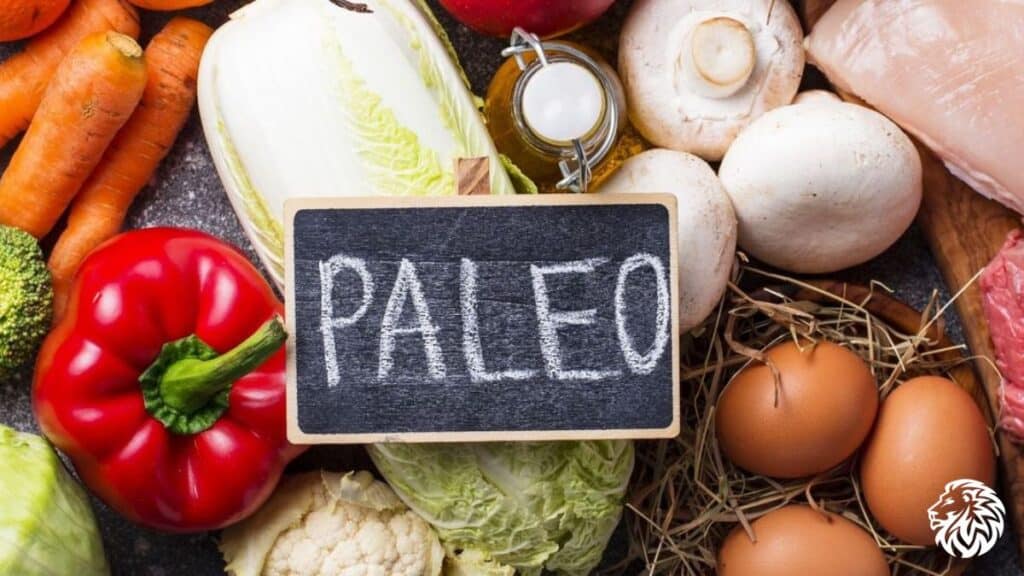
The paleo diet has additional advantages as well, such as:
Weight Loss
The paleo diet typically has a high protein intake and few calories, which can aid in weight loss.
Reduced Inflammation
The high intake of anti-inflammatory foods found in the paleo diet, such as fruits, vegetables, and nuts, may help to lessen inflammation in the body.
Improved Blood Sugar Control
You can improve blood sugar control and lower your risk of developing diabetes by cutting out processed foods and refined carbohydrates from your diet.
However, following a paleo diet may also have some disadvantages, such as:
Nutrient Deficiencies
It can be challenging to obtain all of the essential nutrients that your body requires if you cut out entire food groups, such as grains and dairy.
Expense
Given that it calls for a lot of fresh, organic, and grass-fed foods, the paleo diet can be costly.
Sustainability
Because it can be challenging to follow and might not offer enough variety to keep you interested and motivated, the paleo diet might not be long-term sustainable.
WHICH DIET SHOULD YOU FOLLOW?
Which diet is best for you will depend on several things, such as your lifestyle, health objectives, and personal preferences.
A high-protein diet might be a good choice for you if you’re trying to lose weight and improve your body composition. However, a paleo diet might be a better option if you want to lower inflammation and improve your overall health markers.
Before beginning any new diet, it is crucial to speak with a healthcare professional or registered dietitian to make sure it is secure and suitable for your particular requirements.
CONCLUSION
In conclusion, paleo and high-protein diets can both be useful for shedding pounds and enhancing general health. While they place a similar emphasis on protein intake, their strategies for managing carbohydrate intake and food group allowances diverge. Before choosing which diet to follow, it is crucial to weigh the advantages and disadvantages of each one. Before beginning a new diet, a healthcare professional or registered dietitian should be consulted.
FAQS
I follow a high-protein diet; can I eat grains?
Yes, grains are typically permitted on high-protein diets.
Can athletes benefit from a paleo diet?
The paleo diet can be beneficial for athletes, but adjustments may be needed to ensure adequate calorie and carbohydrate intake.
Are kids safe on the paleo diet?
Before beginning the paleo diet, consult a pediatrician because it might not contain all of the nutrients that kids need.
Can someone with kidney issues consume a high-protein diet?
If you have kidney issues, it’s important to consult a healthcare professional before starting a high-protein diet.
Can a vegetarian or vegan follow a paleo diet?
Vegetarians and vegans should not follow the paleo diet because it forbids grains and legumes, both of which are crucial sources of protein in these diets.
